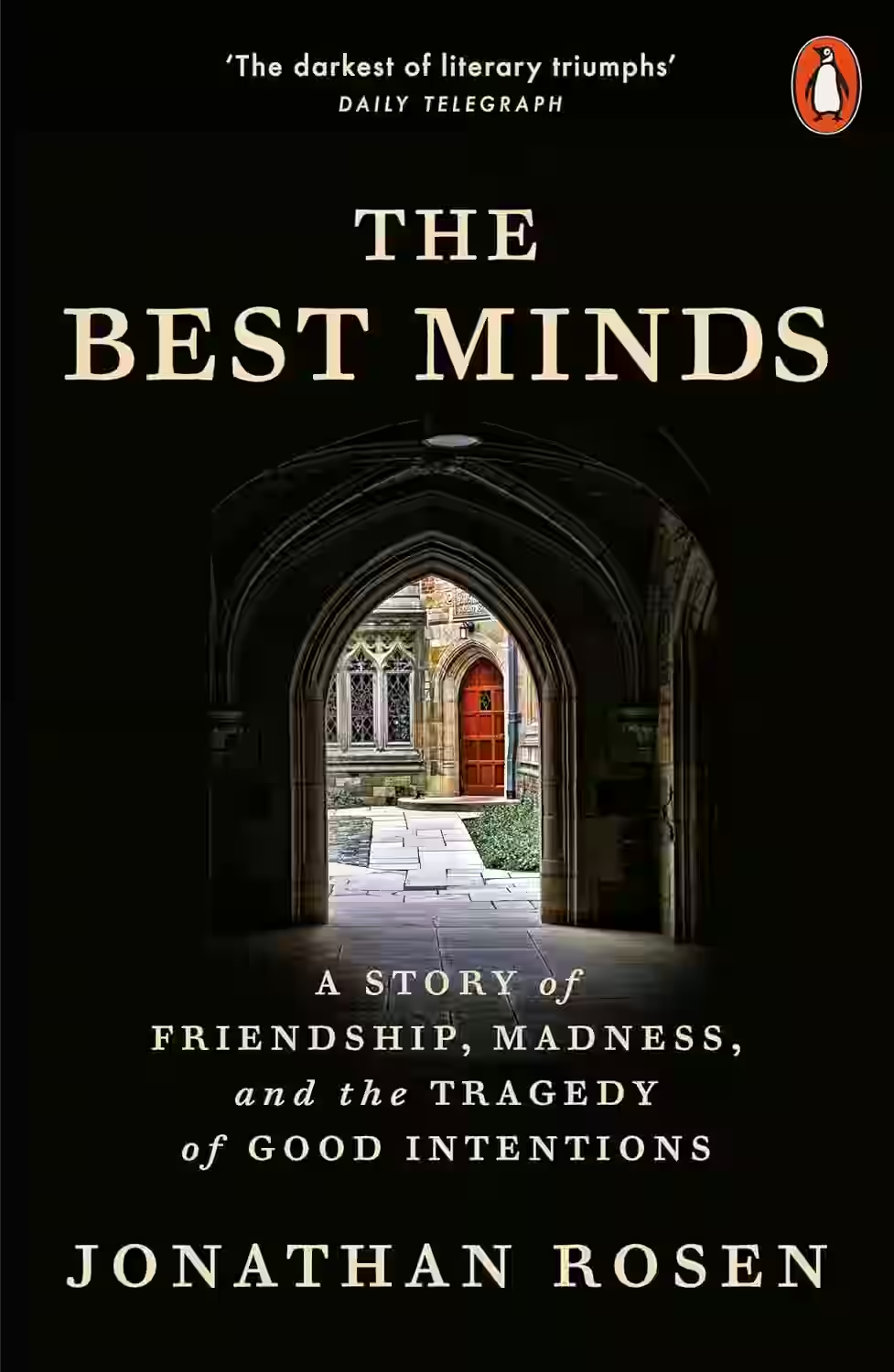
A deeply personal memoir and cultural history, The Best Minds recounts Jonathan Rosen’s friendship with Michael Laudor, a brilliant Yale Law student whose promising future was shattered by schizophrenia. After a tragic murder committed during a psychotic break, Rosen confronts the failures of mental health care, societal stigma, and his own illusions. Blending biography, reportage, and philosophical inquiry, the book probes the tension between genius and madness, and the ethical limits of storytelling. The Best Minds is a haunting, compassionate examination of ambition, mental illness, and the tragic costs of a system that abandons its most vulnerable.
About Jonathan Rosen
Jonathan Rosen is an American author, essayist, and editor known for his work at the intersection of literature, faith, and science. His memoir The Best Minds recounts his friendship with Michael Laudor, a Yale Law graduate whose struggle with schizophrenia ended in tragedy. The book is both a personal reflection and a critique of the U.S. mental health system. Rosen’s earlier works include The Talmud and the Internet and Joy Comes in the Morning. His writing combines intellectual inquiry with lyrical prose, exploring how belief systems—religious, scientific, or personal—shape our understanding of identity, sanity, and community.
Similar Books
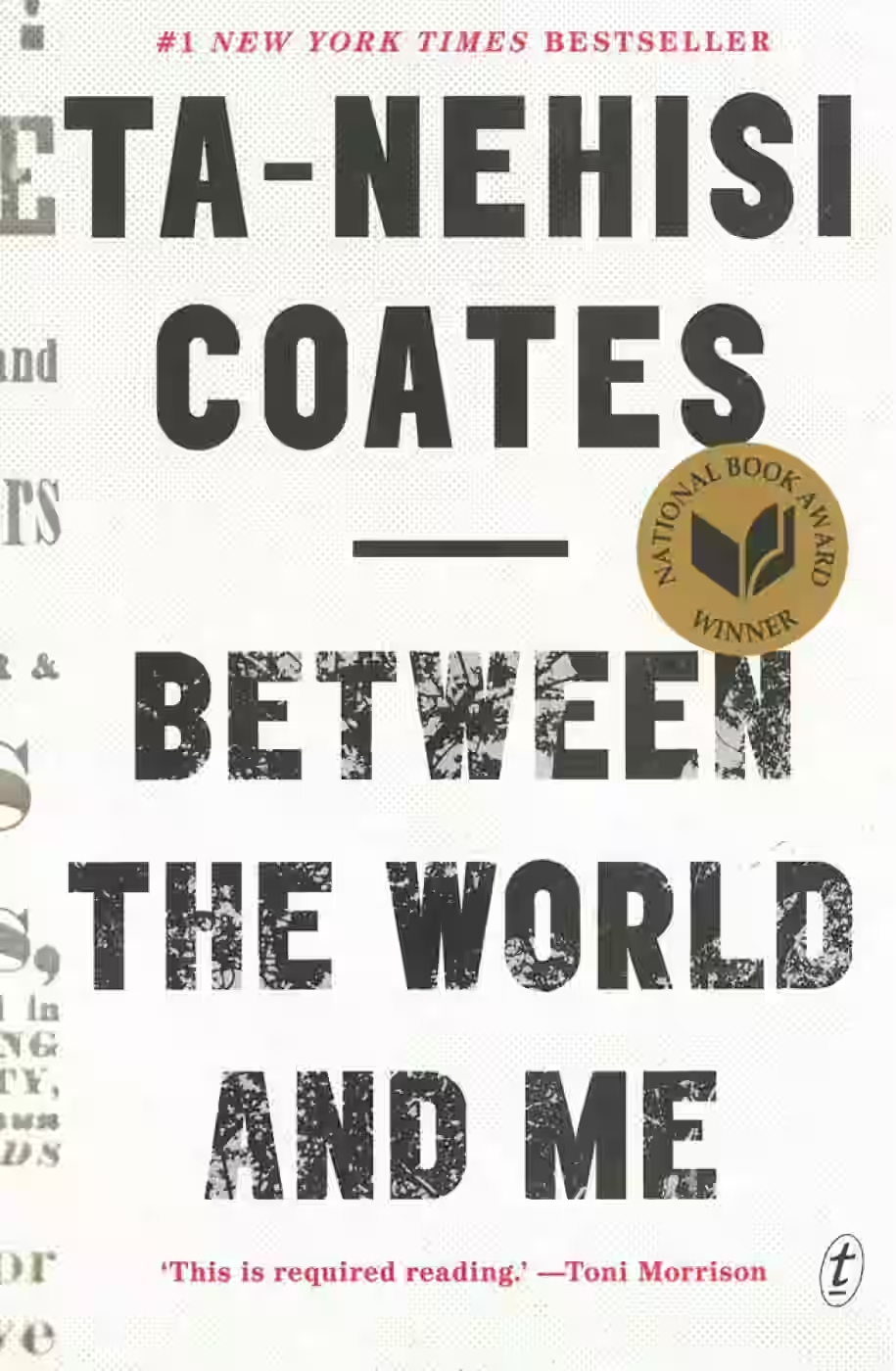
Between the World and Me
Presented as a letter to his teenage son, Ta-Nehisi Coates's Between the World and Me is a profound meditation on race, history, and identity in America. Drawing from his own experiences as a Black man, Coates examines the legacy of systemic racism, police violence, and the illusion of the American Dream. Inspired by Baldwin yet distinctly contemporary, the book offers a deeply personal and unflinching account of what it means to live in a Black body. With lyrical prose and intellectual rigor, Coates compels readers to confront uncomfortable truths and reconsider notions of privilege, safety, and belonging.
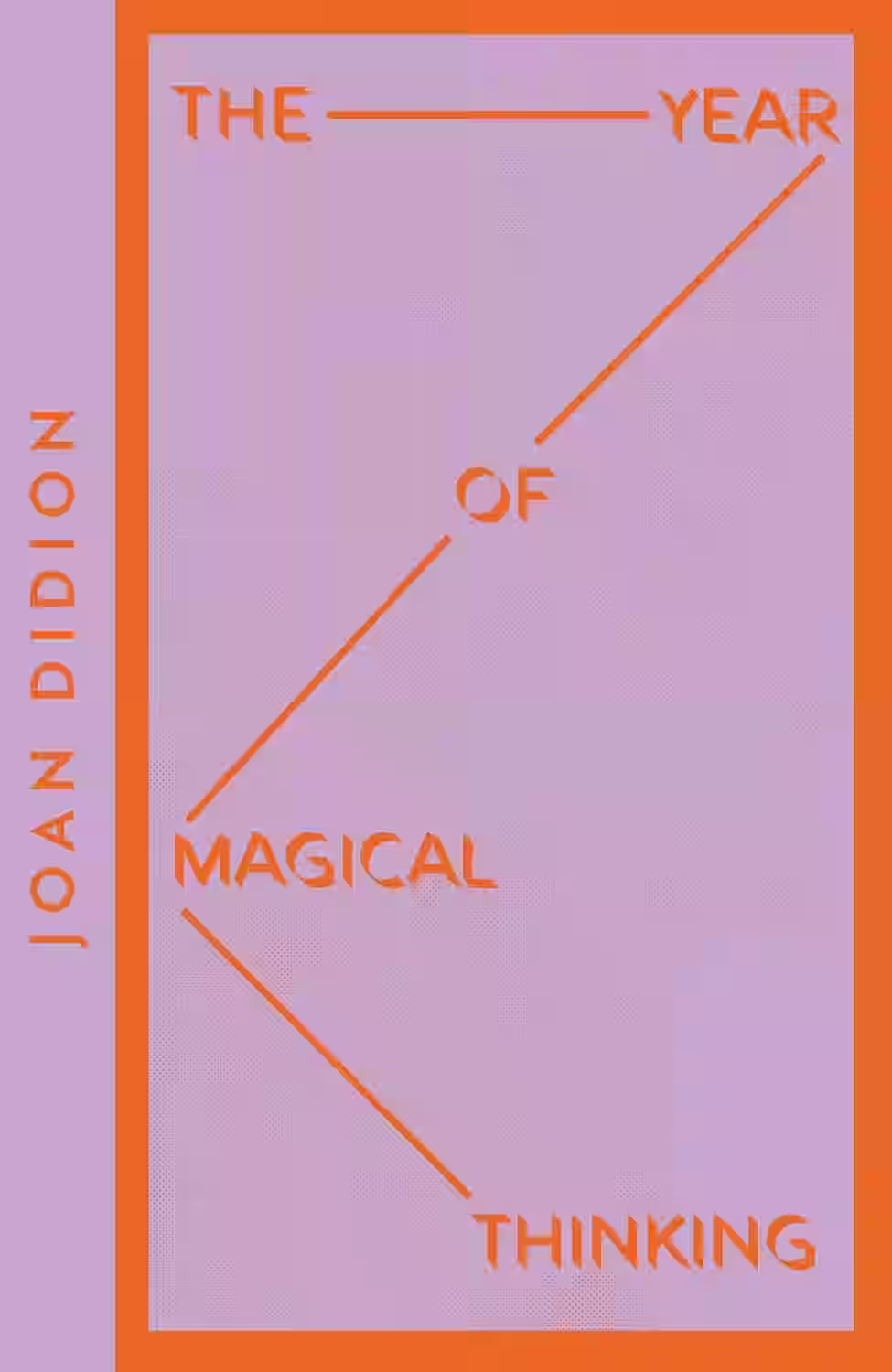
The Year of Magical Thinking
by Joan Didion
In this powerful memoir, Joan Didion chronicles the year following the sudden death of her husband, writer John Gregory Dunne, while caring for their critically ill daughter. Through stark, precise prose, she explores grief, memory, and the fragile line between reason and emotion. “Magical thinking” becomes a coping mechanism—an attempt to maintain normalcy amid chaos and loss. The book captures the disorienting nature of mourning, combining intimate reflection with broader commentary on life and death. Both devastating and elegant, it’s a profound study in resilience, marking Didion’s place as one of the most important literary voices of our time.
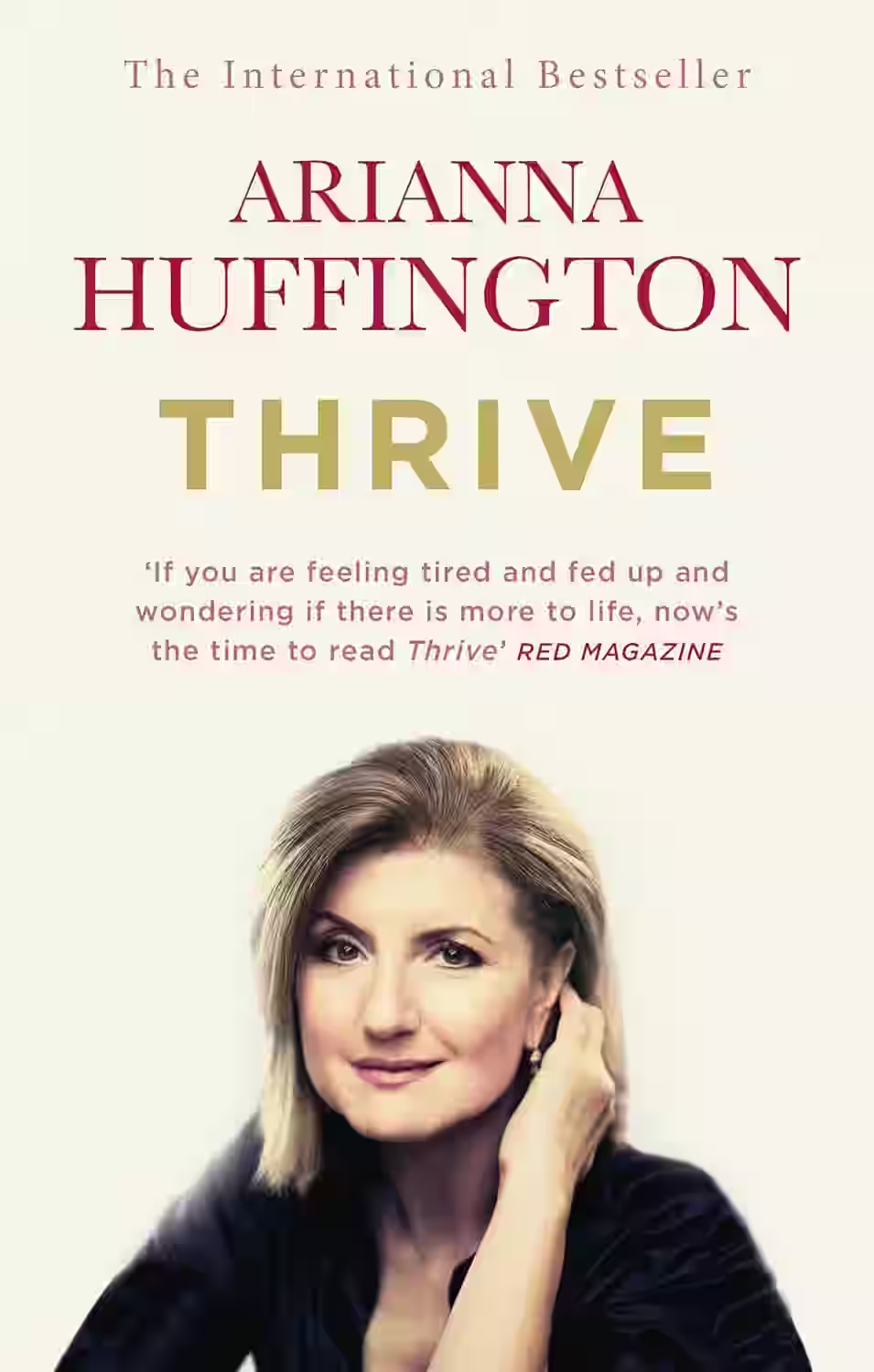
Thrive
In Thrive, Arianna Huffington redefines success beyond wealth and power, proposing a third metric rooted in well-being, wisdom, wonder, and giving. Drawing from research and her own life, she argues that burnout and stress are not badges of honor but symptoms of a misguided culture. The book explores mindfulness, sleep, gratitude, and compassion as essential to living a fulfilling life. Huffington weaves personal anecdotes with scientific insights to promote a more holistic vision of success—one that nurtures both the self and the community. Thrive serves as a call to prioritize what truly matters in a fast-paced world.
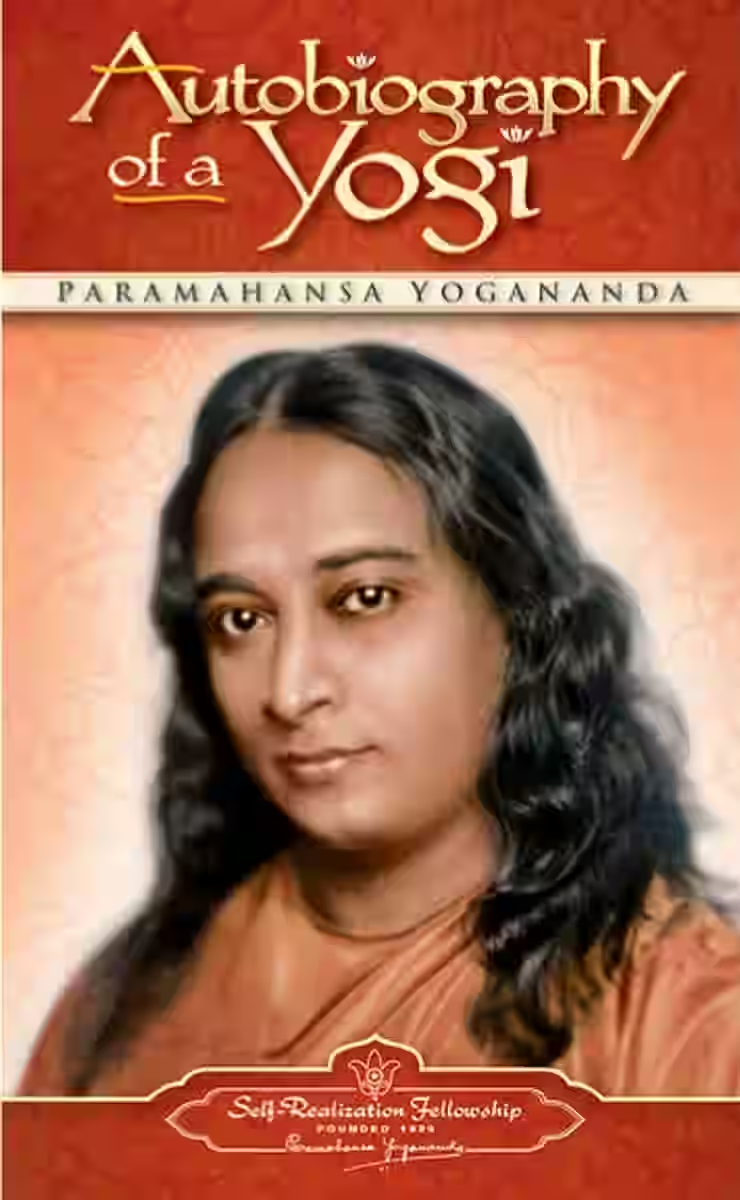
Autobiography of a Yogi
This spiritual classic chronicles Yogananda’s journey from childhood in India to his role in introducing millions to yoga and meditation in the West. Through encounters with saints and mystics, he shares insights into self-realization, spiritual practice, and the unity of all religions. Blending autobiography with metaphysical teachings, the book explores miracles, divine love, and the hidden potential within every person. Revered by figures like Steve Jobs, it has become a cornerstone of modern spiritual literature. Its message encourages readers to seek inner peace and truth beyond materialism, through meditation and direct experience of the divine.